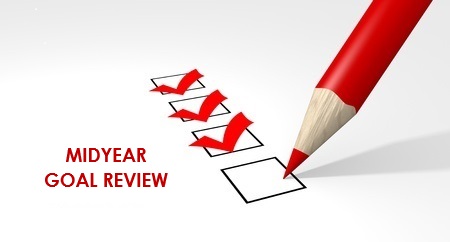We can't find the internet
Attempting to reconnect
Something went wrong!
Hang in there while we get back on track
Working with People You Disagree With: How to Leverage Diverse Opinions to Strengthen Your Career
Our Article Full Details

Working with People You Disagree With: How to Leverage Diverse Opinions to Strengthen Your Career
At some point in your career, you will work with someone you don’t see eye to eye with. Maybe it’s a colleague who constantly challenges your ideas. A manager with a completely different communication style, or a team member whose values clash with yours.
And no, it’s not always easy, but disagreement isn’t a sign of dysfunction. In fact, it can be a sign of a healthy, dynamic workplace—if handled well.
The real growth happens not in avoiding these people, but in learning how to work with them.
Here’s how to turn professional tension into professional growth.
1. Start with curiosity, not judgment.
When someone disagrees with you, the instinct is to defend your point—or shut down completely. But what if you got curious instead?
Ask yourself:
- What experience might be shaping their opinion?
- Is there a valid point I’m not seeing?
- What can I learn from their perspective, even if I don’t agree?
You don’t have to adopt their view. But understanding it can make you a more well-rounded, emotionally intelligent professional.
2. Separate the person from the position.
It’s easy to label someone as “difficult” or “impossible” just because they challenge you. But often, it's not personal. It's perspective.
Focus on the issue at hand—not personalities. Approach discussions with respect, not assumptions.
You might be surprised how quickly things shift when you lead with professionalism instead of frustration.
3. Look for common ground.
You might not agree on how to do something, but often, you’ll agree on why you’re doing it.
Shared goals are powerful unifiers. When conversations get tense, bring it back to the bigger picture: “What are we trying to achieve here—and how can we get there together?”
That shift alone can move a conversation from combative to collaborative.
4. Use disagreement to sharpen your thinking.
Here’s the truth: being challenged isn’t always comfortable. But it does force you to think deeper, communicate more clearly, and anticipate other viewpoints, this makes you stronger,
Instead of avoiding disagreement, embrace it as a chance to stretch. Great leaders aren’t just great at winning arguments—they’re great at listening, adapting, and finding a way forward.
5. Protect your energy—but don’t shrink.
Working with someone who always pushes back can be draining. You don’t have to agree with everything—or tolerate toxic behaviour, but don’t let that tension make you shrink. Speak up. Stay calm. Keep your boundaries.
If you find yourself constantly clashing, ask: Is this about difference—or disrespect? One can be worked through. The other might need a bigger solution.
If everyone around you always agrees with you, you’re probably not growing. Learning to work with different personalities, perspectives, and communication styles is a key part of career development. It builds resilience, empathy, and leadership skills.
Next time you find yourself in a room with someone who sees things differently, take a breath. It’s not a battle. It’s an opportunity and how you handle it? That’s what sets you apart.
Prev
Mid-Year Career Check-In: Are You on Track with Your Goals?
Next
Should You Stay or Should You Go? How to Make Smart Career Moves Without Regret




